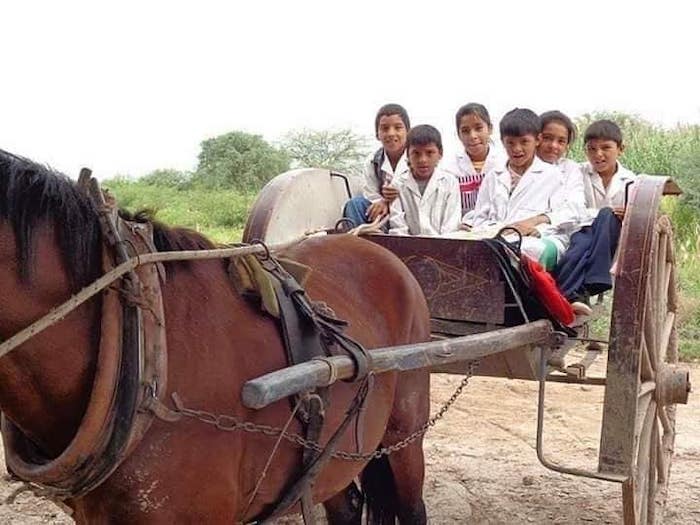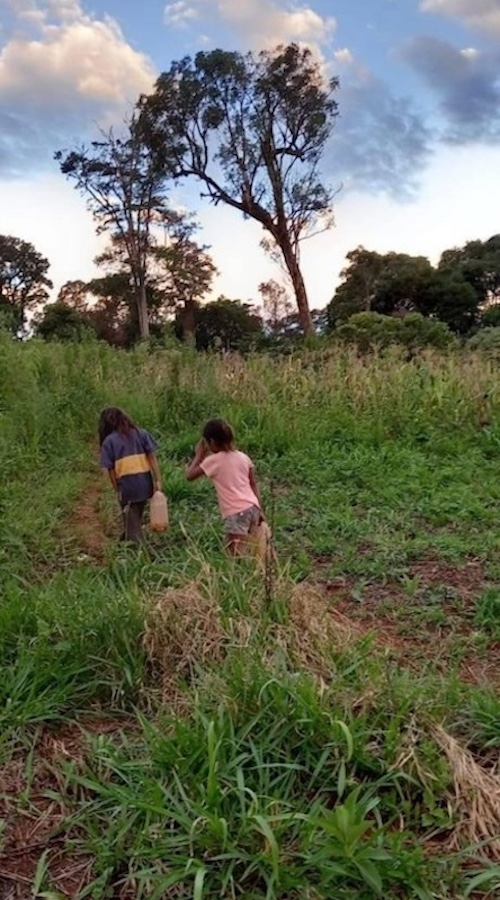
INTERNATIONAL DEVELOPMENT EDUCATION
The objective of Global Development Education, usually called international development education, aims to improve the lives of others. Development education means to enhance the well-being of individuals. How do we do it? by understanding their surroundings, financial capabilities, health status, social position, political circumstances, natural environment, and most importantly, having a profound understanding of their culture. By gaining insights into these aspects, we can take action with those in need to work towards achieving equality and improving conditions.

WARNING: I will always provide my opinion from research, practice, and experience. Empty political correct statements do not lead to the must changes needed to revert situations.
Here is my own definition of global education:
Global Development Education is an approach to education where learning revolves around global justice with the goal to improve people’s lives
The word “development” means to progress, to improve. Development education means improving the quality of life. Sometimes the word development has a bad rap because people confuse it with “underdevelop countries” (an awful term that should have been abolished a while back). When people hear the word international development, they think about children going hungry -in many cases is true- with a negative connotation. However, the word development has a positive meaning because it aims to empower progress and improve a situation. Just as thinking about a “developed child” has a positive connotation like growth, the same goes for global development.

Why do we need knowledge about development? Because it is an obvious global moral need to work on equity around the world. If that is not a strong argument for taking the moral route, think of how a poor country’s economy might affect you. If this rings a bell, think about how a poor nation can cause harm when it depletes its natural environment. It might be that a poor nation resorts to cutting precious forests -an important ecosystem- to plant a profitable crop such as soybean and pollutes the rivers by using harmful chemicals. Add to that, the people in the same place use firewood for cooking and the cycle of depletion continues. All of these actions pollute the air and water that you and I need to live healthy lives. A huge argument to do good! did I convince you? 😉



We have been failing to manage resources well and the negative consequences of the global pandemic will still be growing in the next decade. Knowledge about development, when used properly, allows us to shape the world in a positive way. We can all make significant contributions to a better world.

Global Development means working to improve people’s lives through improving the different areas of development
Global/International Development Areas

International development is a social science and it is about time we use its proper terminology. The Global/International Education Development field has a theoretical framework, and accurate use of the right jargon is essential to achieving goals. It is crucial we stop extrapolating terminology from other fields. In addition, we must stop using the same problem-solving skills that are used in the so-called “developed” part of the world without first using the host culture’s knowledge and its own diagnosis. If we continue to use one part of the world’s terminology and methodology to solve issues, we will keep promoting a colonialist model and only put limitations on the knowledge base.
The title here includes the words “Global” and “International.” International Development occurs when two or more nations work on a development issue. On the other hand, Global development occurs when the whole world works and/or aims to work on a development issue that needs improvement.
There are main areas that need to be met to improve people’s lives, all include leveling out inequity:
- Conflict & Disaster Crisis
- Culture
- Economics
- Education
- Environment
- Gender
- Health
- Human Rights & Governance
CONFLICT & DISASTER CRISIS: Political instability, wars, terrorism, sociopolitical conflicts, climate-related disasters. Humanitarian assistance is key in the recovery of emergencies as much as its proper implementation and management in these very tense and fragile environments. A big part of the work here is fieldwork responding to crises, providing and managing situations, and protection.

CULTURE: Culture provides a strong sense of identity and is the backbone of people’s values. It is of utmost importance to understand the culture and norms, to work better with them in any need they might have. Appreciating people’s culture validates their ways providing them with a sense of acceptance and belonging. It is much easier for cultural professionals to work with people when having a deep functional understanding of the culture and this is something quite alarmingly overlooked.


ECONOMICS: Improving the economy has been the main focus of development. There are different types of strategies that are used by development professionals in many organizations to improve the economy of a country and as a consequence, hopefully on its people.
EDUCATION: Education gives the opportunity to obtain skills and knowledge to improve lives and to have the freedom to make choices. International development education professionals develop innovative programs for access to education and literacy for all. Development education, when done right, is quite complex. The complexity lies in combining knowledge and working closely with parents, governments, training teachers, providing textbooks and school supplies, etc. All of the elements need to understand the context and resources that validate their social and physical environment. In addition, essential knowledge about the functionality of the culture is crucial, and it is the only way a program will deliver results that make sense to the locals. Unfortunately, many organizations go to a country to implement their own “knowledge” understanding very little of the local needs.


ENVIRONMENT: This topic has been quite “hot” in the last few years. It has taken environmental tragedies such as the burning of the Amazon jungle and the immense biodiversity loss to take the issue of the environment more seriously. The development field aims to create an educational program that brings awareness to the issue of the environment. The most ideal approach is to create policies to protect the natural environment, considering the poor and its economic development.
GENDER EQUALITY: Gender inequality persists in many areas of the world at many levels. In some places, there are expectations of women and their role in society. Programs and policies are created to assist in ending discrimination against women and to provide access to education, health, and work. Other actions are taken to prevent the abuse of women such as income inequality, decision-making, and mistreatment. Education and economic empowerments are key topics of development education and a great way to protect women and other genders.


HEALTH: Ill health affects not only families, individuals, and societies but also economies. A poor socioeconomic environment has a deadly effect on individuals who lack access to proper sanitation systems, infrastructure, and healthcare if any. Programs and policies to strengthen the healthcare system and to provide access to health is a critical component of international development. Infrastructure, equipment, medicines, qualified healthcare workers, technical supervision, and management are key components in the health care sector’s programs.
HUMAN RIGHTS AND GOVERNANCE: International knowledge about policies, government, and administration is essential to work on improving governance (governance meaning the whole operation). The right to ensure all humans’ freedom is essential. The basic human rights to freedom from slavery, freedom of expression, rights to education to contribute equally to society, and some of the many rights we should ensure to all.

Unfortunately, many of the decisions as to where the resources for help are allocated have a sad political dimension. Many times resources don’t go to the people in need and worse yet, resources are wasted.
For the purpose of my site, I am including different global education topics and events that promote intercultural collaboration such as conferences, workshops, and educational activities in many countries around the world.





